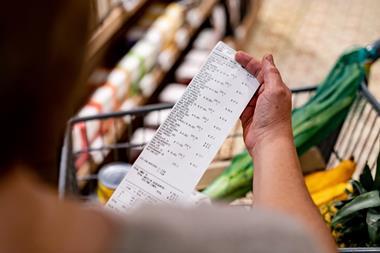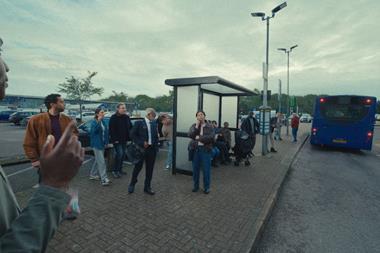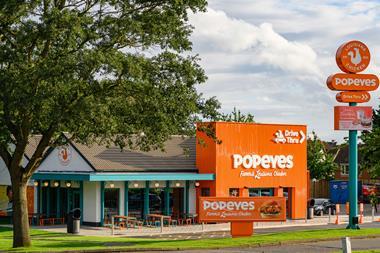
Post-Brexit border delays could fuel freight crime, the Road Haulage Association has warned.
The trade body warned potential delays caused by upcoming imports checks at the end of the month could lead to more drivers having to park in unsecure areas – therefore increasing their vulnerability and the chances of freight crime.
“If new checks lead to vehicles parked in unsecure areas, then it’s only going to make them a honeypot for organised criminals to come and attack,” said RHA public affairs manager Ashton Cull.
“Freight crime is organised crime – criminals know what’s moving, when it’s moving and where it’s most at risk and they have clear methods.
“Some drivers now avoid certain services and truck stops because the security is bad and they’re at increased risk of being targeted.”
From 30 April, lorries at Dover and the Eurotunnel at Folkestone carrying foods from the EU will be subject to new physical checks, which will be carried out at a government facility in Sevington, Kent.
But there have been several reports that the Sevington BCP is not prepared for the influx of controls, which could result in delays and long queues of lorries around the border.
“We’ve been calling for the infrastructure to be in place ahead of time to make sure these checks can be done quickly and efficiently – you’ve got to think of the security for the loads,” Cull said.
The warnings come after the RHA called on British authorities to commit to tackling freight crime amid a rise in incidents earlier this week.
The group, which represents thousands of logistics businesses, urged the Police and Crime Commissioners to support the industry ahead of the 2 May local elections in England and Wales.
In its ‘Driving Down Freight Crime’ manifesto, the group asked for police to specifically address freight crime in their plans, to work more closely with the National Vehicle Crime Intelligence Service (NaVCIS) in freight crime issues, and to include such offences in policies relating to organised crime.
Read more:
-
Truckers to get better parking facilities amid spike in freight crime
-
Freight hijackings on the up as thieves target food
-
Britain’s cargo theft crisis: why crime is rising on UK roads
Freight crime costs the UK economy around £250m a year, the manifesto said.
There were 5,373 reports of HGV and cargo crime in the UK in 2023, according to NaVCIS, with an estimated cost of the loss in value from the thefts alone of £68m – with the retail value “much higher”.
“The value of goods stolen alone cannot calculate the true cost of freight crime, it affects companies’ viability, staff retention, and levels of investment into the UK,” the RHA said.
It added there was a “particularly severe impact on small to medium-sized enterprises that make up the majority of the logistics industry and are already struggling with cost of living and business pressures”.
The RHA repeated calls for government and industry to invest and deliver more safe and secure truck parking for drivers.
Cull said: “Increasingly drivers are at risk and freight crime often goes unseen.
“We need better police engagement in actively tackling this issue and we need more safe and secure parking facilities. That means more truck-stops being built with stronger security to help raise the standards across the country.”
Police and Crime Commissioners should also lobby for a National Police Chiefs’ Council freight and crime strategy along with a national awareness campaign, the logistics body said, and for government to extend funding to toward NaVCIS operations.



















No comments yet